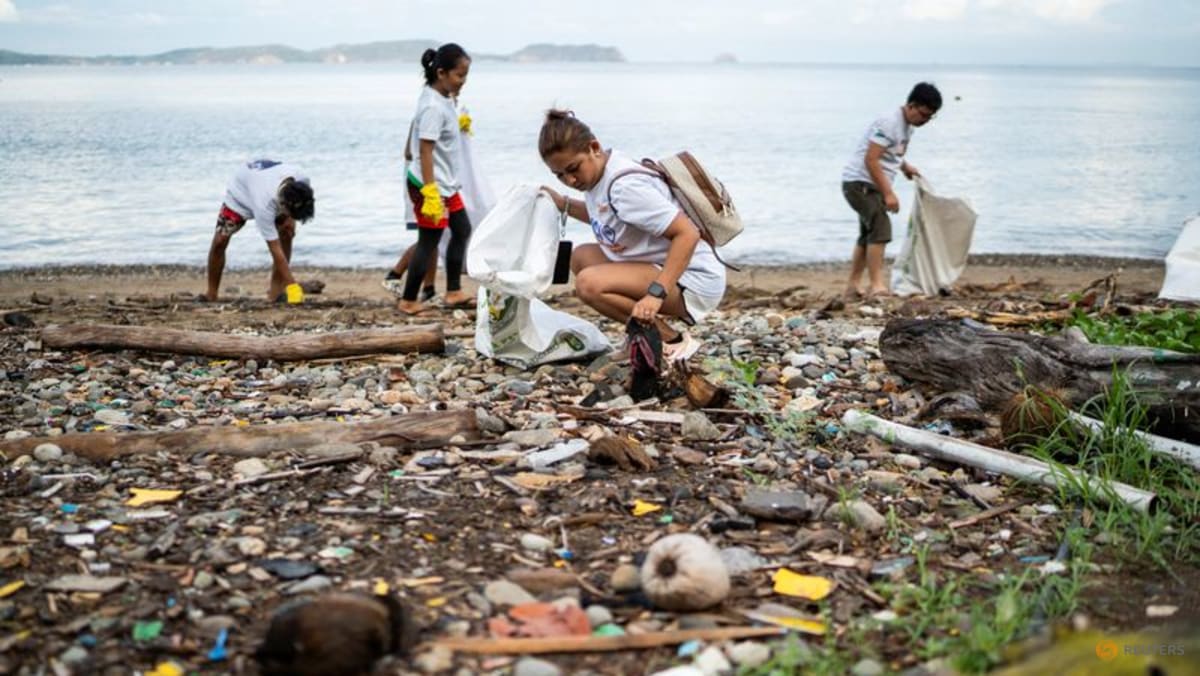WHAT CAN BE DONE LOCALLY
With global talks stalling, what can ordinary people and communities do? Here are three areas where local action matters.
First, we can cut down on single-use plastics. Market forces shape production. Every time we refuse unnecessary packaging, bring our own bags, or choose refillable options, we lower the demand for disposables. Consumer behaviour alone cannot solve the problem, but it can undermine the economic incentives that keep virgin plastic production rising.
Second, we can support cleanup and monitoring efforts. While prevention is crucial, plastics already in the environment continue to cause harm. Community cleanups, citizen science initiatives and monitoring projects help remove waste, provide valuable data on pollution sources and build public awareness.
Third, we can push for stronger regulation at home. Even as global treaties falter, national and municipal governments can act. Bans on single-use items, levies on virgin plastic production and dedicated funding for research and waste management all make a difference. Policy shifts in Canada and several US states were informed by cleanup data – showing that evidence-based, local action can move the needle.
THE COST OF NORMALISATION
My greatest fear is that we will normalise plastic pollution – that we will come to accept it as the background of modern life, despite mounting evidence of ecological disruption, biodiversity loss and human health risks.
The science is unambiguous: Plastics are biologically active hazards. They alter microbial life, concentrate toxic chemicals and infiltrate our food chain. If global negotiations cannot move quickly enough, then communities, consumers and policymakers must not wait.
Our actions – individually and collectively – remain the most immediate force we have to curb demand, protect ecosystems and prevent a public health crisis from becoming irreversible.
Dr Stephen Summers is Senior Research Fellow at SCELSE, a multidisciplinary biofilm & microbiome research centre in Singapore.
